Hotel asset management can help to maximize revenue, minimize costs, and improve your hotel’s brand. By taking a big-picture view of your hotel business and conducting detailed analyses of your hotel’s aspects, hotel asset management can take your hotel from strength to strength. Read on to discover what hotel asset management is and what it means for your business.
Table of Contents:
- What is Hotel Asset Management?
- Why is Hotel Asset Management Important?
- Key Components of Hotel Asset Management
- What Does Hotel Asset Management Include? 5 Main Areas of the Hotel Asset Management
- What Skills Does a Successful Hotel Asset Manager Need?
- Revenue Management Trends
- Hotel Budget Planning
- Revenue Manager Careers
What is Hotel Asset Management?
Hotel asset management means looking at the hotel as an asset. While traditional hotel management considers hotel operations, hotel asset management considers the hotel in terms of real estate and investment value. Hotel asset management focuses on enhancing this value and ensuring it doesn’t deprecate. Return on investment (ROI) goals are determined by the hotel owner. The focus is on meeting these goals.
A successful hotel asset management strategy means that the hotel’s long-term value will increase over its lifetime to a significant degree. Costs must be optimized and revenue enhanced to achieve this. Considering the hotel as an asset means looking at all aspects of the business, from operations to the hotel as a physical property. It includes everything from dynamic room pricing to increasing brand awareness, to refurbishments and expansions of the property. The overall strategy must encompass every aspect of the hotel, whether operations, branding, or real estate.
This is a highly complex undertaking, requiring specialist knowledge to achieve. The specialty of hotel asset management is a relatively new one. Although the practice began in the ’90s, it took off in 2017 and has become much more widespread in recent years.
Video: Hotel Asset Management Guide: Some Hotel Asset Management Best Practices
Why is Hotel Asset Management Important?
To understand the importance of hotel asset management, it’s useful to break the concept down.
Providing a Comprehensive View of the Hotel’s Property
A detailed, comprehensive, and objective overview of your hotel business is always helpful. By taking stock of the entire operation via a range of different performance metrics, it’s possible to develop new and more effective strategies for improvement. Hotel asset managers can help hoteliers completely understand their business, identifying weak points and unrealized opportunities. This lays the groundwork for developing new strategies to improve the business as a whole.
Providing Expertise and Resources to the Hotel’s Owner
Hotel asset management teams can bring a wealth of expertise and resources to the table. This knowledge extends into areas that might not be familiar to a hotel owner, such as the finer points of finance and real estate investment. The specialized resources that a hotel asset manager can access include networks of contacts (often global in scale), in-depth data, and sophisticated tools for analysis and modeling. These are all invaluable to the hotelier looking to improve their business.
Contributing to the Hotel’s Overall Success
The central goal of hotel asset management is the hotel’s success as a business. Using a comprehensive and analytical approach helps to maximize revenue and minimize costs. The expertise and resources of a hotel asset management team extend to an in-depth knowledge of industry trends, which can be leveraged to remain competitive in the changing hotel industry landscape. Asset managers also safeguard the hotel’s brand and reputation by managing and responding to guest feedback.
Key Components of Hotel Asset Management
In this section, you’ll learn about the key components of hotel asset management.
Physical assets
In the context of hotel asset management, “physical assets” refers to the tangible assets that make up a hotel property: the buildings, the grounds, and the equipment the hotel requires to function. These assets are fundamental to hotel operations, helping to attract guests and generate revenue.
Intellectual assets
A hotel’s intellectual assets are harder to quantify than its physical assets but are vital to a successful business. Safeguarding these assets is crucial in keeping your hotel competitive and allowing your business to reach its full potential. Examples include customer data, data on performance, and your hotel’s brand.
What Does Hotel Asset Management Include? 5 Main Areas of the Hotel Asset Management
In this section, you’ll learn about the five principal components of hotel asset management and why they’re important.
1. Revenue management
One major component of hotel asset management is revenue management. Revenue management uses data and analytics to predict future consumer behavior, set prices, and manage inventory based on this predicted demand pattern. While revenue management strategies are valuable for virtually any business, they are essential for a hotel. Today’s market is fiercely competitive, and revenue management can provide a much-needed advantage. By applying revenue management strategies, hotels can ensure that they are never over or under-booked, that they order sufficient inventory, and that their pricing is always competitive without being so low as to miss out on valuable revenue.
It is a highly dynamic and complex process, requiring access to significant amounts of consumer and market data and specialized analytical tools. Hotel asset management teams use revenue management as a comprehensive approach to optimizing a hotel’s assets. To find out more, read “Revenue Management; clearly explained!”
Video: Hotel Revenue Management – Simplified!
2. Capital Expenditure
Over a hotel’s life span, it will require much investment in physical assets. From the purchase or construction of the hotel itself to renovation, refurbishment, furnishings, hotel technology, and more, this investment will be ongoing and needs to produce results at every stage. Capital expenditure, or CapEx, is the name given to these investments. For a hotel to maintain its competitive edge and provide a quality guest experience, CapEx is essential. With every year that passes, a hotel’s physical assets will deteriorate, suffer damage, or become obsolete due to technological improvements or consumer requirements changes. Examples of CapEx projects your hotel might require include renovating your rooms to enhance the guest experience, investing in hotel technology like self-service kiosks, upgrading your hotel’s HVAC, or adding a new gym or pool. Making the right investment at the right time helps you stay within your hotel budget and avoid expensive mistakes.
3. Operations Analysis
Hotel operations management involves using the hotel’s capabilities and resources to meet business goals, both financial and operational. These targets need to be quantifiable, measurable, and specific. They must also be realistic, aligning with the hotel’s situation: its possibilities and potential, its prospects over the short, medium, and long term, and its positioning in the market. For hotels, operations analysis requires data collection, and then analyzing and interpreting that data to identify areas where operations can be improved or streamlined. It’s a key part of hotel asset management, helping hotels reduce costs, maximize revenue, enhance efficiency, and create a superior guest experience. Operations analysis can be utilized in identifying and quantifying fixed and variable costs, estimating profits based on sales data, and developing an accurate picture of the state of the business. Used effectively, operations management can significantly improve revenue and the guest experience.
4. Regular Audits and Reviews
To be effective, hotel asset management needs to be regularly assessed. This means audits and reviews to ensure everything is done correctly and the systems used are current. Practices need to be kept in line with industry standards, physical assets must be maintained in good condition, and any software used for asset management must be updated regularly. Your team needs to be well-versed in everything they might need to know about the asset management process, which means regular training. If your team is kept properly trained and informed, they’ll know which decisions will support the asset management process and will act accordingly.
Your hotel will have numerous contracts and policies for various outside actors: your guests, your wholesalers, and other entities you do business with. These must be reviewed regularly. Asset managers may also use macro-environment analysis to ensure that no potential opportunities are missed.
5. Risk Management in Hotel Assets
Risk analysis means identifying, assessing, and mitigating any threats to your hotel business. Risks may impact hotel operations, profitability, or your hotel’s reputation. Risk management helps you to protect your assets, minimize disruptions to hotel operations, maintain a good reputation, and avoid any expensive surprises. Risks within the hotel industry can include financial risks, such as major changes in consumer spending or downturns in the wider economy. There are also operational risks, like property damage or personal injury. Hotels face security risks; most people think of theft or fraud, but hotels are also at risk from cyberattacks, which can disrupt operations or compromise sensitive customer data. Risks from external events, such as natural disasters, can severely impact a hotel business. Another category of risks is regulatory risks. Changes in laws or government regulations can impact your hotel if you’re not sufficiently prepared and able to ensure compliance.
What Skills Does a Successful Hotel Asset Manager Need?
There are several skills that a successful hotel asset manager needs to develop:
- Key skills for a hotel asset manager include analytical skills. An asset manager needs to garner insights from various sources, such as financial statements, hotel budgets and STR reports. This requires good analytical skills.
- Hospitality experience is important for hotel asset managers. Operating a hotel business is different from any other enterprise, with unique challenges and requirements. A background in the hospitality industry’s accommodation sector will be invaluable.
- Communication skills are indispensable for hotel asset managers. An asset manager must work effectively with many people at all hotel business levels and beyond. This requires excellent spoken and written communication skills.
- Curiosity is an extremely valuable trait for a hotel asset manager. When challenges arise, an asset manager must often think outside the box and may need to be persistent in getting the information and input required to resolve the situation. It’s also important for an asset manager to stay abreast of changes in the industry, which requires a curious mindset.
- Negotiation is a key element of an asset manager’s work. The asset manager often needs to mediate between the hotel owner and other parties. The asset manager must be able to help them find an acceptable resolution.
Revenue Management Trends
Revenue management is the process of optimizing revenue through strategies such as agile pricing and inventory management. It’s increasingly important for any business but is especially significant for hotels, which must wrestle with inflexible costs and perishable inventory.
In “Revenue Management Trends: Discover the Latest Developments“, you’ll learn the meaning of revenue management and why it’s so important to hotels. You’ll learn about some of the most significant trends in hotel revenue management and what they can mean for you. You’ll discover how cross-department collaboration can support your revenue management strategy, and how data-driven decisions can help your business reach its full potential.
Hotel Budget Planning
Developing a hotel budget plan is crucial for effectively running your business. A hotel budget plan is your roadmap for a specific period, detailing how much money you will have available. It gives you a detailed and realistic picture of your hotel’s finances and how much money will be available for any new projects you’re considering.
In “Hotel Budget Plan: Practical Budgeting Tips for Hoteliers“, you’ll learn about the importance of a hotel budget plan and how to construct one. You’ll read valuable tips on optimizing your data collection, setting clear targets, and more.
Revenue Manager Careers
Knowing what the job entails is vital if you’re considering a career in revenue management. A revenue manager’s job involves a variety of responsibilities and requires a range of different skills. You may have questions about the level of education required and the kinds of experience that will be beneficial.
In “Revenue Manager Job Description: What to Look For?” you’ll learn everything you need to know about the role of revenue manager. You’ll read a detailed job description and discover the most important skills you’ll need. You’ll also discover important tips on job hunting and how to take your first steps on this exciting career path.
Hotel Asset Management FAQs
In conclusion, hotel asset management helps hoteliers to maximize revenue, minimize costs, and improve their hotel’s brand. A successful hotel asset management strategy means that the hotel’s long-term value will increase over its lifetime to a significant degree.
More Tips to Grow Your Business
Revfine.com is the leading knowledge platform for the hospitality and travel industry. Professionals use our insights, strategies, and actionable tips to get inspired, optimize revenue, innovate processes, and improve customer experience.Explore expert advice on management, marketing, revenue management, operations, software, and technology in our dedicated Hotel, Hospitality, and Travel & Tourism categories.
This article is written by:
Hi, I am Martijn Barten, founder of Revfine.com. With 20 years of experience in the hospitality industry, I specialize in optimizing revenue by combining revenue management with marketing strategies. I have successfully developed, implemented, and managed revenue management and marketing strategies for individual properties and multi-property portfolios.

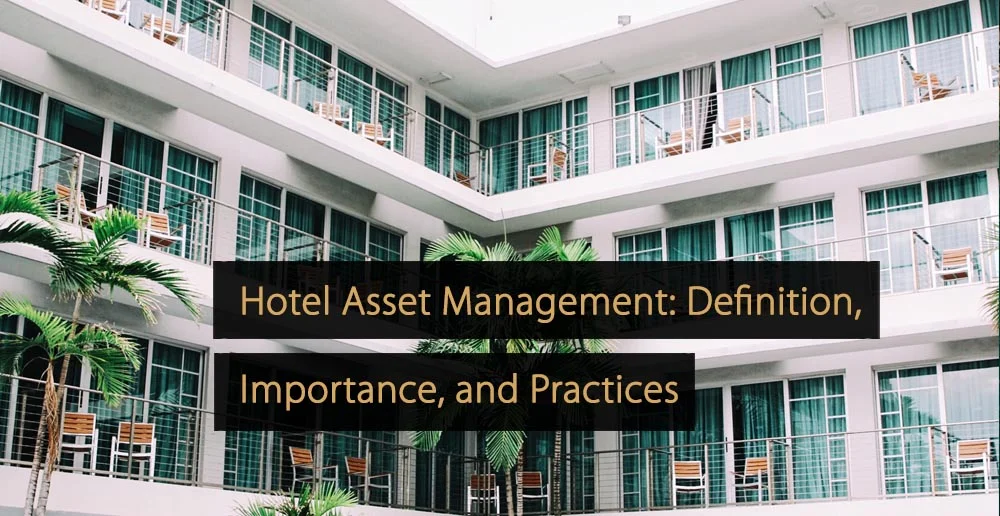
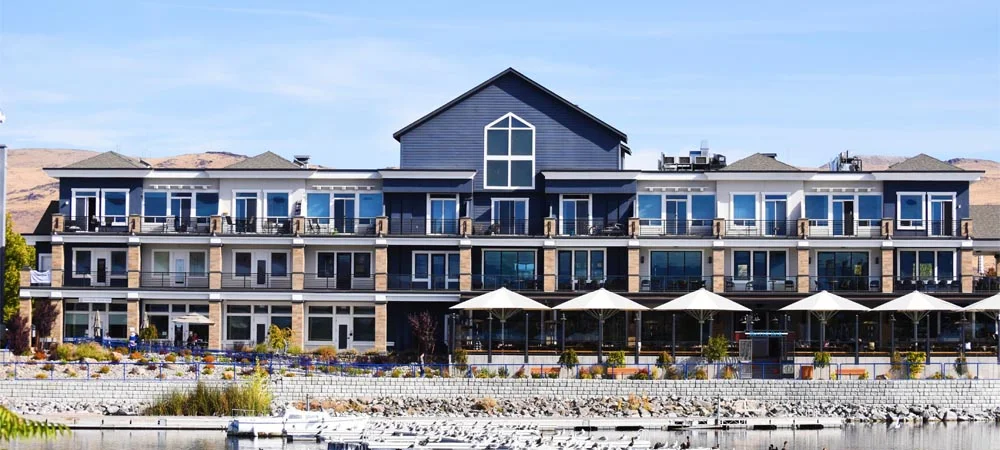

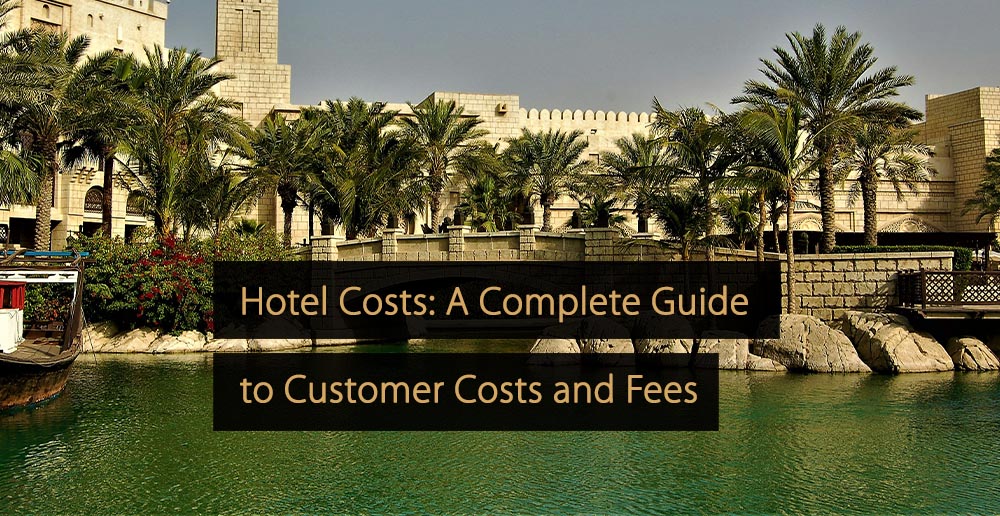
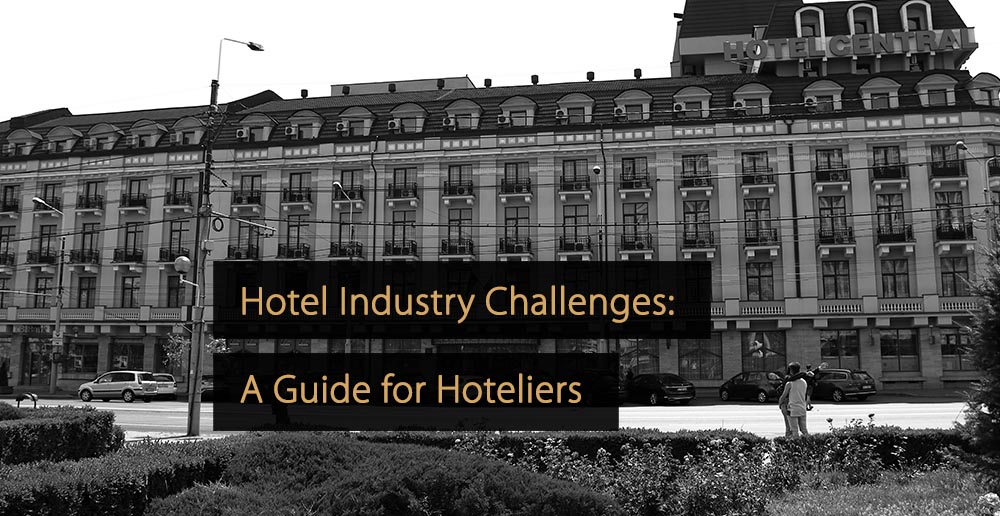
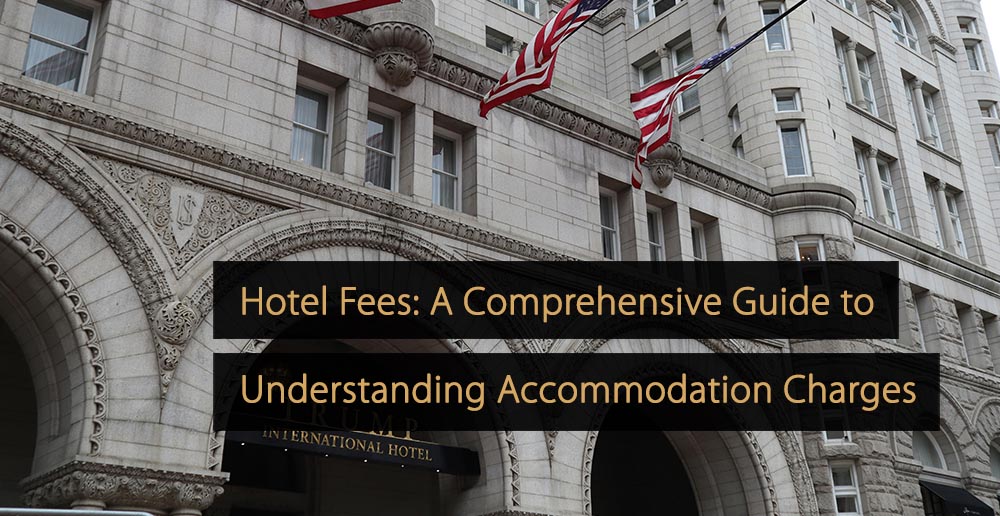
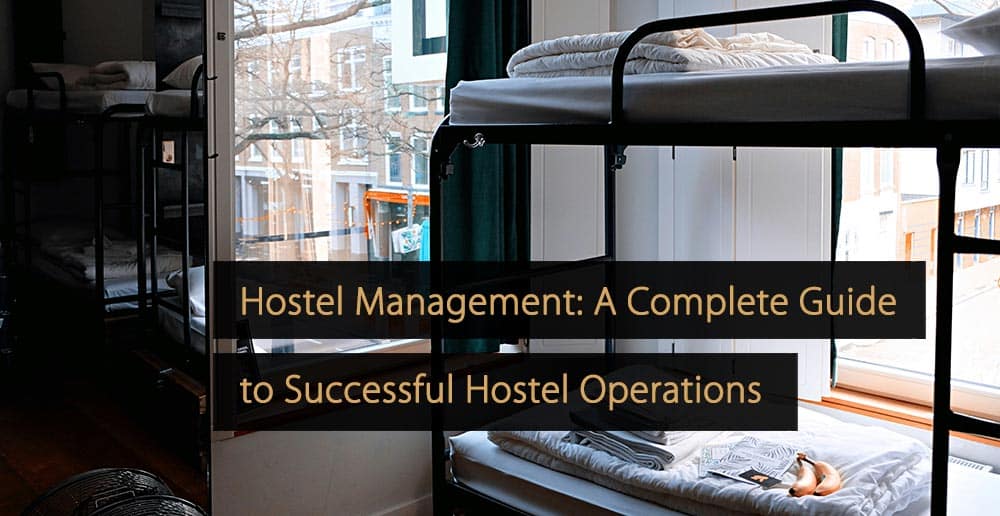
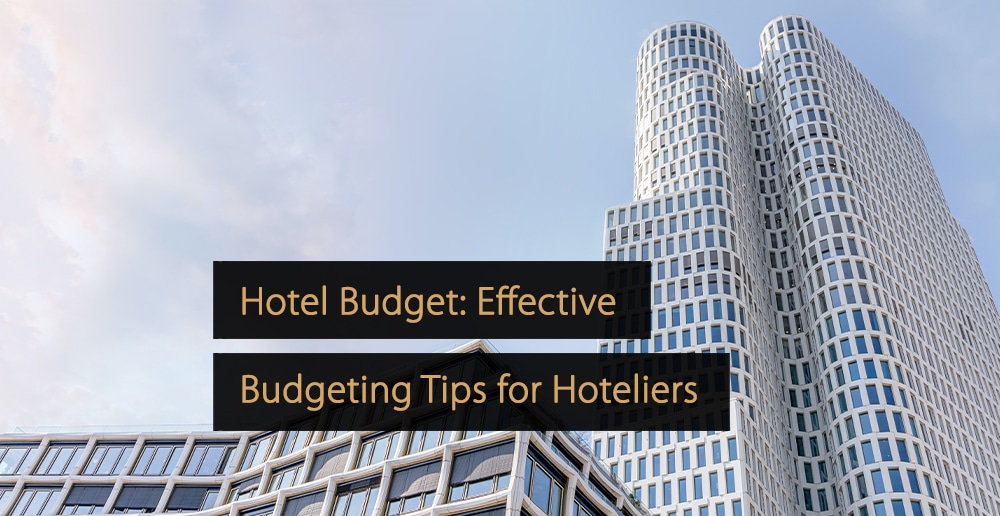

Leave A Comment